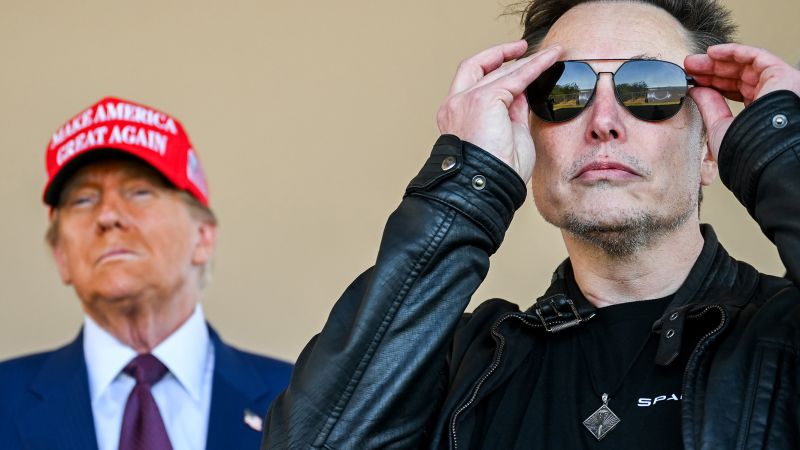Musk's European Gambit: Disruption, Drama, and Hidden Motives

In a striking reversal from his 2021 declaration that he would "prefer to stay out of politics," Elon Musk has dramatically transformed his public stance. The world's wealthiest individual now seems laser-focused on a bold new objective: fundamentally reshaping the political landscape of Europe.
Just a few years ago, Musk proclaimed his intention to remain neutral in political discourse on Twitter—a platform he would later acquire and rename X. However, recent actions and statements suggest a significant shift in his approach, with the tech mogul increasingly positioning himself as a provocative political influencer.
His evolving strategy appears to involve challenging established European political norms, engaging with controversial policy debates, and leveraging his substantial media presence and technological platforms to drive conversation and potential change across the continent.
As Musk continues to blur the lines between technological innovation, media influence, and political engagement, his ambitions in Europe signal a new chapter in his increasingly complex public persona.

